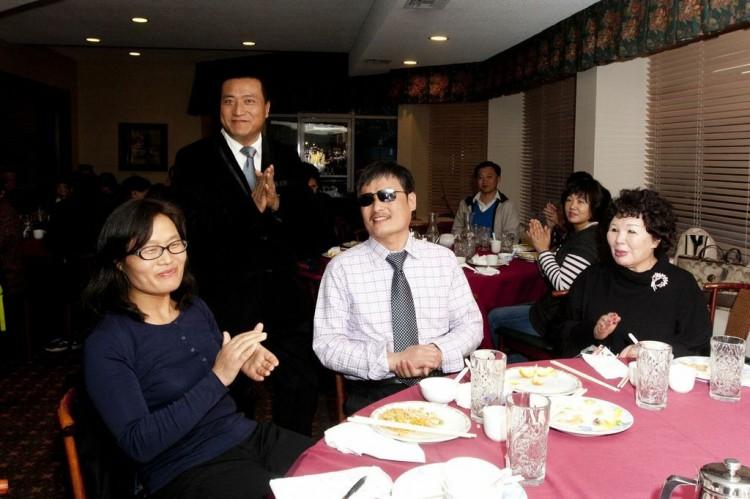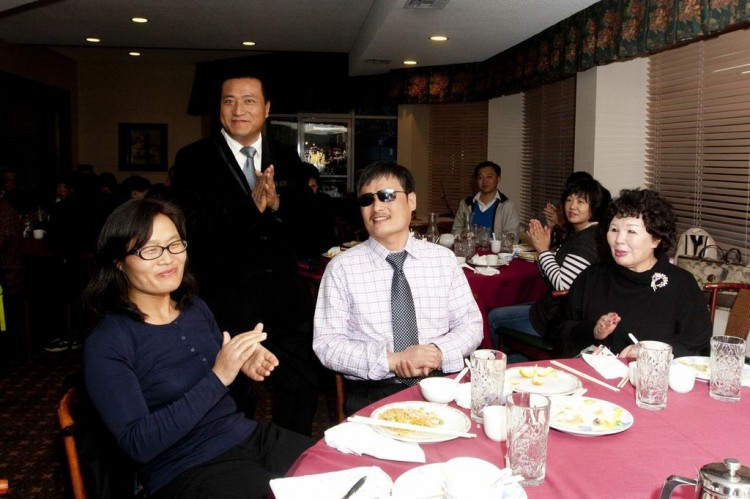SAN FRANCISCO—Chen Guangcheng, the well-known, blind, Chinese lawyer and human rights activist who now lives in exile in the United States, was recently given an award for his legal advocacy efforts by overseas Chinese in San Francisco, and took the occasion to list a range of rights violations by the Chinese regime.
“High level CCP members have already reached a consensus: the only method they’ve got left is to use violence to maintain their rule,” Chen said. “But, relying on violence isn’t going to last long. It only requires the people to overcome their fear, and rule by violence will fail.”




